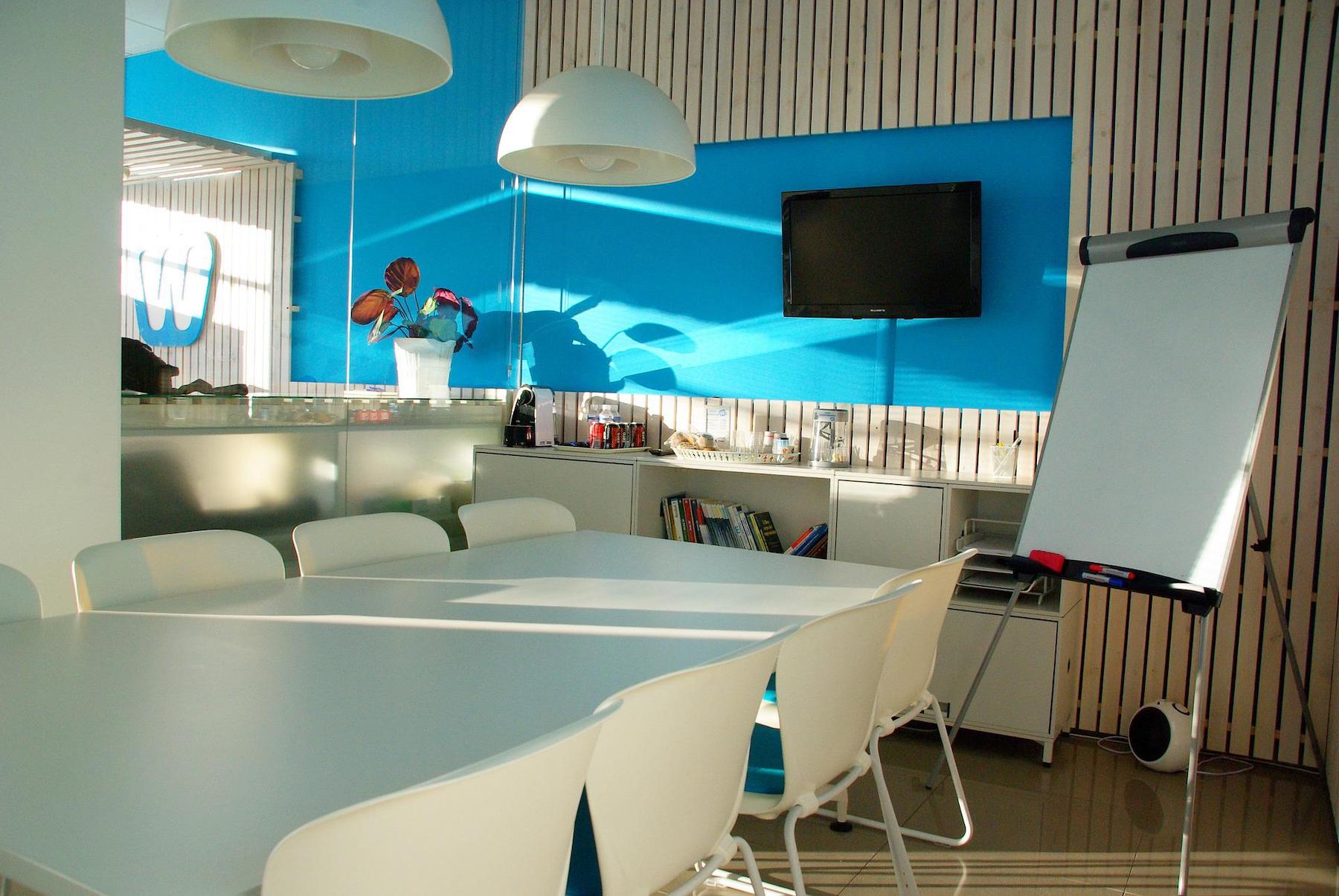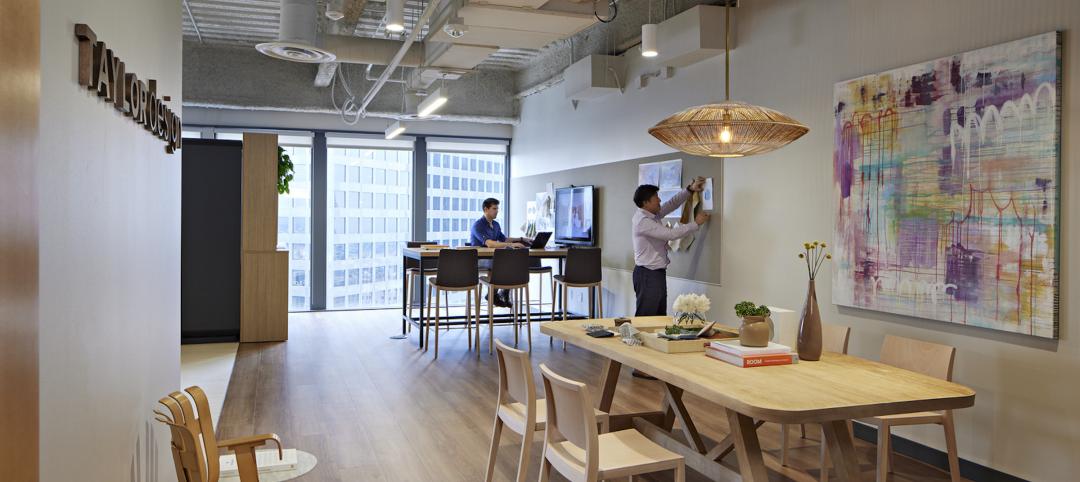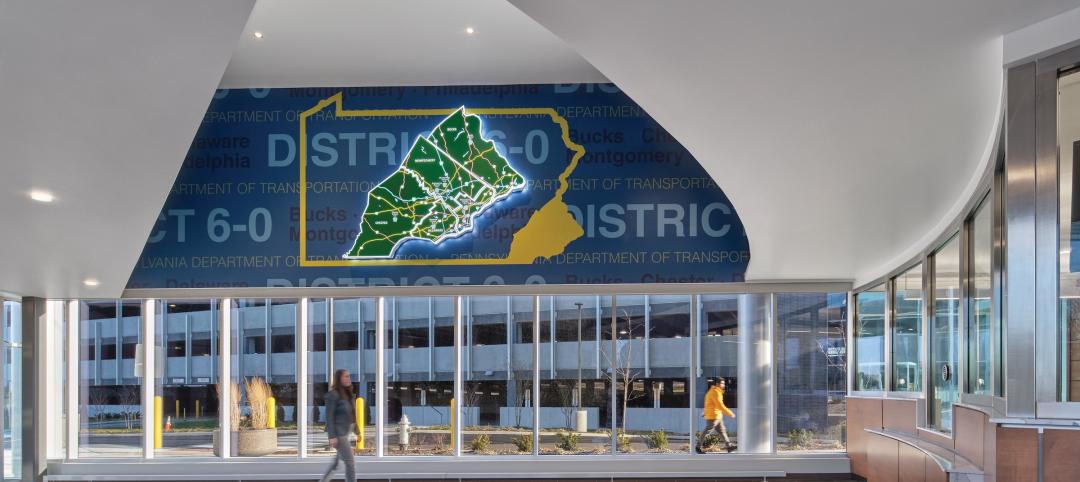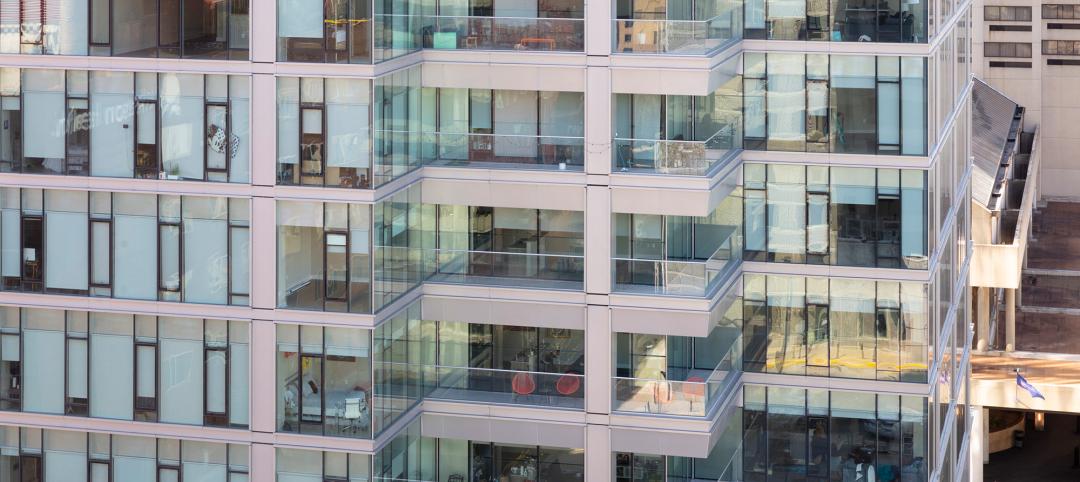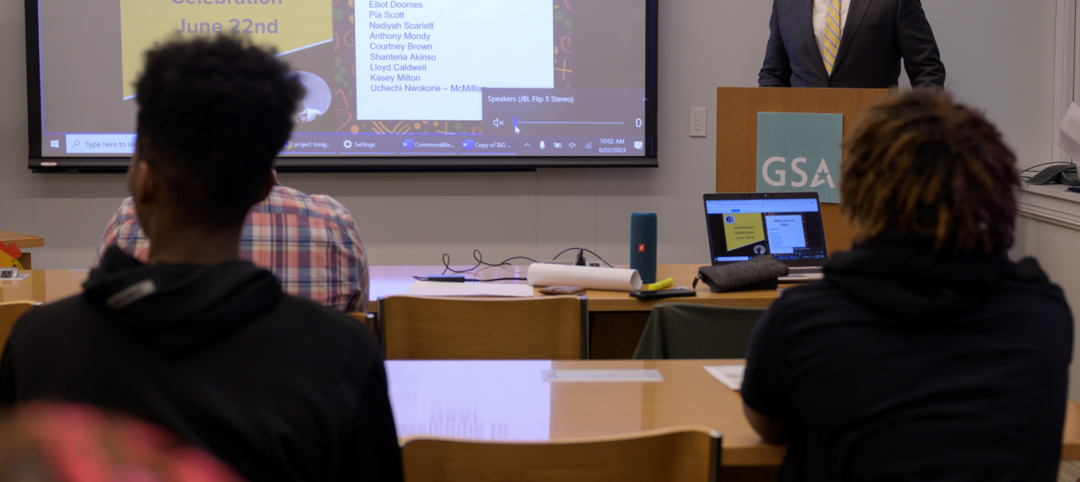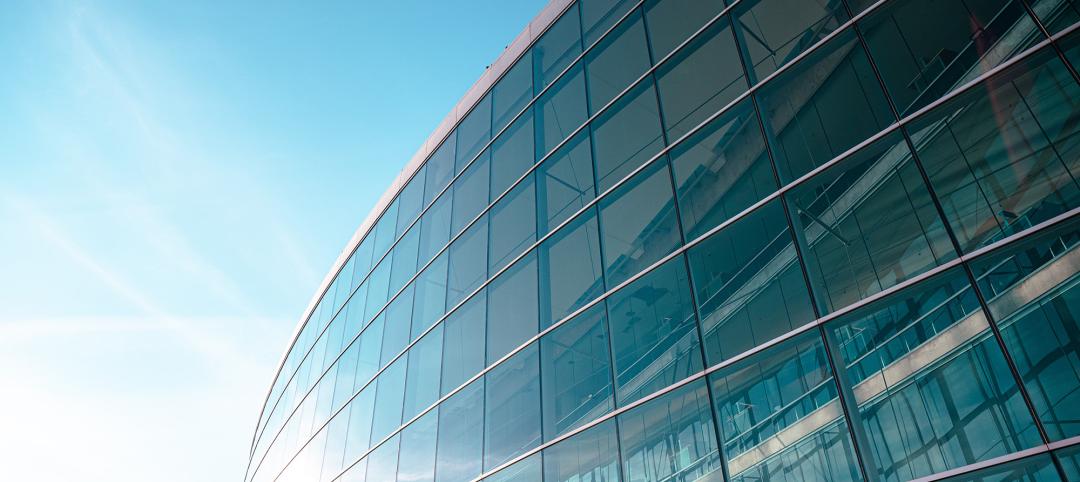JLL’s 2022 Office Fit Out Guide report provides benchmark costs to build out a range of office types across major markets in the United States and Canada. The cost benchmarks are built on the data from thousands of real-world projects, supported by detailed cost estimating models, and confirmed by local experts working across the country.
Additional variants of the COVID-19 virus delayed a mass return to the office in 2021, frustrating expectations for a timely return to normal. At the end the first quarter of 2022, hybrid work remains prevalent and the role of the office remains in flux, with firms navigating increased scrutiny around employee work-life balance in a tight labor market. The office must evolve in response to the lessons learned in the pandemic.
Where Are We Now?
The guide offers high-level guidance on what offices ready for the post-pandemic world might entail and cost.
- Supporting mobility and changing work cadences: With an estimated 64% of workers stating that they would or have considered quitting if asked to return to the office full time and no marked decline in productivity noted due to work-from-home, hybrid schedules remain a part of office worker life and a critical evaluation of how the office can best support work is underway. As a result, future office designs will place a greater emphasis on custom collaboration and community spaces, enhancing in person communication.
- Technology-centric design to support new ways of working: A workplace designed for a mobility-focused and partly remote workforce will include a greater share of conference rooms, huddle rooms, and flexibility collaboration spaces that allow for video calls and presentations designed for a virtual-first environment. Audio visual and other supportive tech infrastructure once limited to higher-end build outs is now a baseline requirement for a post-pandemic office.
- Sustainable design and new measures of costs: As almost 90 percent of the global economy is attached to a net-zero carbon goal, sustainability in the built environment has become a first-class measure of value. In order for both occupiers and landlords to achieve science based target initiatives for emissions, fit outs must support long-term sustainability goals.
- Employee wellness supported by the built environment: Part of redefining the office in a post-pandemic work is navigating the impact the built environment has on employee health. From preventing the spread of viral transmission to increasing cognitive function in the office by up to 26 percent, wellness focused design is critical to facilitating return to office at any scale and supporting productivity.
Related Stories
Adaptive Reuse | Nov 1, 2023
Biden Administration reveals plan to spur more office-to-residential conversions
The Biden Administration recently announced plans to encourage more office buildings to be converted to residential use. The plan includes using federal money to lend to developers for conversion projects and selling government property that is suitable for conversions.
Office Buildings | Oct 30, 2023
Find Your 30: Creating a unique sense of place in the workplace while emphasizing brand identity
Finding Your 30 gives each office a sense of autonomy, and it allows for bigger and broader concepts that emphasize distinctive cultural, historic or other similar attributes.
Biophilic Design | Oct 29, 2023
Natural wood floors create biophilic experience in Austrian headquarters office
100% environmentally friendly natural wood floors from mafi add to the biophilic setting of a beverage company office in Upper Austria.
Government Buildings | Oct 27, 2023
A spurt in public spending bolsters AEC firms' government building practices
Nonresidential public construction spending, while only about a quarter of private-sector spending, has been growing at a much faster clip lately. In June, it was up 13.8% to $411.4 billion, with commercial and manufacturing the biggest subsectors, according to Commerce Department estimates.
Office Buildings | Oct 19, 2023
Proportion of workforce based at home drops to lowest level since pandemic began
The proportion of the U.S. workforce working remotely has dropped considerably since the start of the Covid 19 pandemic, but office vacancy rates continue to rise. Fewer than 26% of households have someone who worked remotely at least one day a week, down sharply from 39% in early 2021, according to the latest Census Bureau Household Pulse Surveys.
Biophilic Design | Oct 18, 2023
6 ways to integrate nature into the workplace
Integrating nature into the workplace is critical to the well-being of employees, teams and organizations. Yet despite its many benefits, incorporating nature in the built environment remains a challenge.
Office Buildings | Oct 16, 2023
The impact of office-to-residential conversion on downtown areas
Gensler's Duanne Render looks at the incentives that could bring more office-to-residential conversions to life.
Government Buildings | Oct 10, 2023
GSA names Elliot Doomes Public Buildings Service Commissioner
The U.S. General Services Administration (GSA) announced that the agency’s Public Buildings Service Commissioner Nina Albert will depart on Oct. 13 and that Elliot Doomes will succeed her.
Products and Materials | Sep 29, 2023
Top building products for September 2023
BD+C Editors break down 15 of the top building products this month, from smart light switches to glass wall systems.
Office Buildings | Sep 28, 2023
Structural engineering solutions for office-to-residential conversion
IMEG's Edwin Dean, Joe Gulden, and Doug Sweeney, share seven key focuses for structural engineers when planning office-to-residential conversions.


